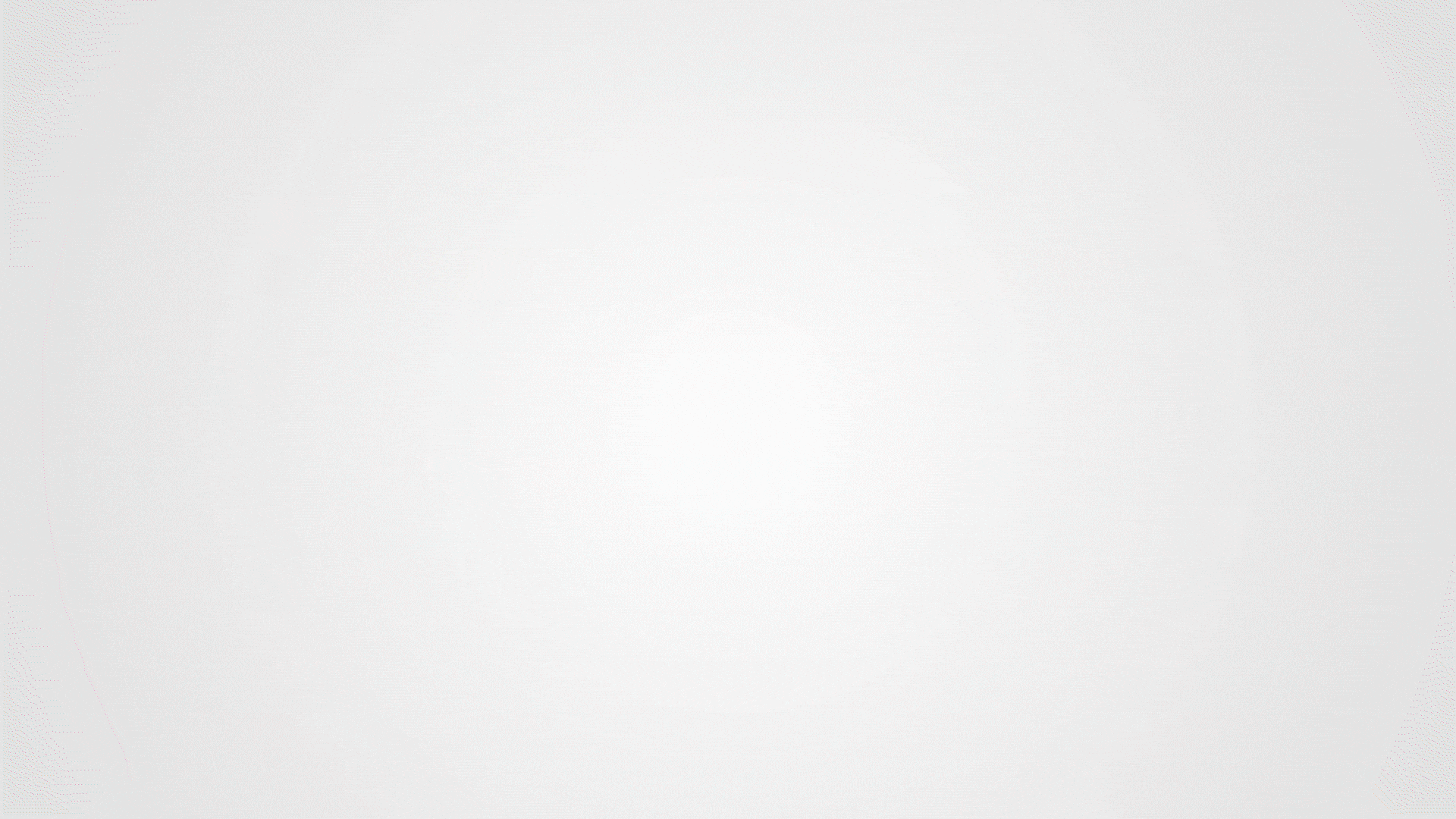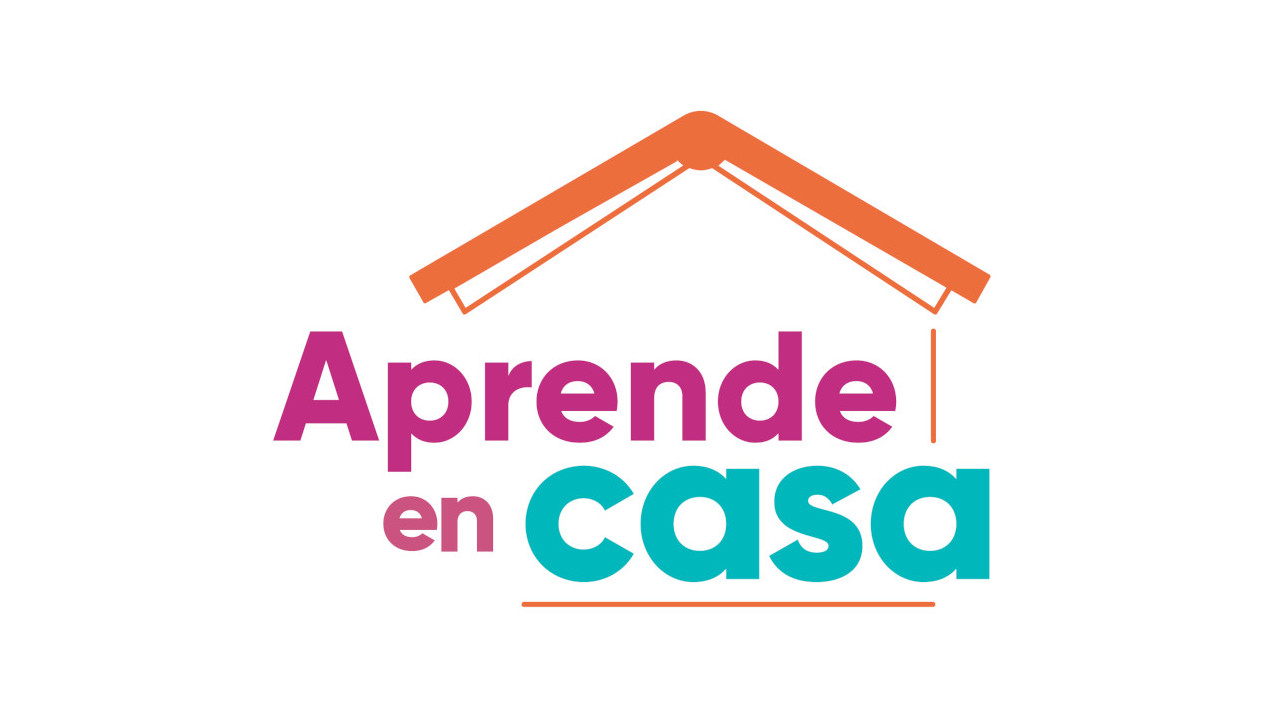Let´s explore!
Valoración de la comunidad:
Última Actualización:
6 de Febrero de 2025 a las 15:24Aprendizaje esperado: escucha y comprende preguntas.
Énfasis : participa y comprende preguntas sobre un tema de ciencias concreto.
¿Qué vamos a aprender?
Aprenderás a escuchar y comprender preguntas de un tema de ciencia concreto.
|
¿Qué hacemos?
What 's your favorite subject?
|
¿Cuál es tu materia favorita? |
|
My favorite subject is science.
|
Mi materia favorita es ciencias. |
|
Great! Then you will love today´s lesson because we will be scientists.
|
¡Genial! Entonces te encantará la clase de hoy porque seremos científicos.
|
|
Put on your lab coat and get ready to learn a lot of things about science.
|
Ponte la bata de laboratorio y prepárate para aprender muchas cosas sobre ciencia.
|
|
Do you remember teacher´s last lesson? she talked about interesting topics related to science.
|
¿Recuerdan la última clase de la maestra? Ella nos habló de temas muy interesantes relacionados con ciencia. |
|
Now, I want to challenge you to answer this quiz to find out how much you have learned from your teachers about science.
|
Ahora, quiero retarlos a que me contesten esta trivia, para saber qué tanto han aprendido de sus maestras o maestros sobre ciencia. |
|
If you don’t remember so much, don’t worry. will help you to answer everything right.
|
Si no recuerdas mucho, no te preocupes porque, te voy a ayudar a responder todas bien. |
|
Fill the gaps with the correct word.
|
Llena los espacios con la palabra correcta. |
|
Let 's play! Here I have five cards with questions about the science topics that teacher Lupita shared with us last week.
|
Aquí tengo cinco tarjetas con preguntas de diferentes temas de ciencia, que la maestra Lupita compartió con nosotros la semana pasada.
|
|
If you answer correctly, you win the points that each card has on the back.
|
Si respondes correctamente, ganas los puntos que vienen en la parte de atrás. |
|
Let’s answer the first one:
|
Contestemos la primera. |
|
How long does it take for the Earth to turn around the sun?
|
¿Cuánto tiempo tarda la Tierra en dar la vuelta al Sol?
|
|
I think the answer is one year.
|
Creo que la respuesta es un año. |
|
Correct! You won one hundred points
|
¡Correcto! Ganaste cien puntos. |
|
Next question: What is the lion’s mane for?
|
¿Para qué sirve la melena de los leones?
|
|
The answer is: C
|
La respuesta es C |
|
Yes, to scare other animals. You won two hundred points. |
Sí, para ahuyentar a otros animales. Tu gana 200 puntos.
|
|
The moon moves around the…?
|
¿La luna se mueve alrededor de…?
|
|
The answer is Earth.
|
La respuesta es La Tierra. |
|
Great! The moon moves around Earth. You won 200 points.
|
La luna se mueve alrededor de La Tierra. Ganas 200 puntos. |
|
All dinosaurs were meat eaters: a) True b) False
|
Todos los dinosaurios comían carne: a) Cierto b) Falso
|
|
The answer is false. |
La respuesta es falsa.
|
|
Good job! You won 500 points more.
|
Buen trabajo, ganas 500 puntos más. |
|
How many points did we win in total?
|
¿Cuántos puntos ganamos en total? |
|
1000 points in total. Congratulations!
|
1000 puntos en total. Felicidades. |
|
Now, we will do an experiment.
|
Ahora, haremos un experimento.
|
|
Are we going to our lab?
|
¿Iremos a nuestro laboratorio? |
|
Yes, but before that, let’s review what we are going to do.
|
Sí, pero antes de eso, revisemos lo que haremos. |
|
Do you know how to grow a bean seed?
|
¿Saben cómo germinar un frijol? |
|
Here I have a poster with the instructions but, they are incomplete.
|
Aquí tengo un póster con las instrucciones, pero están incompletas.
|
|
|
|
|
We need to fill the gaps with the correct word to complete the instructions. Let's read them.
|
Necesitamos llenar los espacios con la palabra correcta para completar las instrucciones. Vamos a leerlas. |
|
|
|
|
You will notice some drawings. Those are clues, so pay attention.
|
Notarán algunos dibujos, esas son pistas, así que pongan atención.
|
|
In a pot.
|
En una maceta. |
|
I put soil and a bean seed.
|
Pongo tierra, y una semilla de frijol. |
|
The seed needs water and the sun to live.
|
La semilla necesita agua y al sol para vivir. |
|
The seed grows.
|
La semilla crece. |
|
And leaves come out.
|
Y salen las hojas. |
|
After some days a beautiful plant has grown.
|
Después de algunos días una bonita planta ha crecido. |
|
|
|
|
if you are a real scientist, you must learn how to ask a question.
|
Si eres un científico real, debes aprender cómo hacer preguntas. |
|
We will listen to this song about questions. Use your magnifying glass to identify in this poster how to begin your question.
|
Escucharemos esta canción sobre las preguntas. Usa tu lupa para identificar en este póster cómo debes comenzar tus preguntas. |
|
There are six questions to keep in mind.
Who? What? Where? When? How? Why? |
Hay 6 preguntas que tienes que tener en mente.
¿Quién? ¿Qué? ¿Dónde? ¿Cuándo? ¿Cómo? ¿Por qué?
|
|
Sing along!
|
¡Canten con nosotros! |
|
Audio. WH questions.
|
|
|
I will ask some questions about the process to grow a bean plant.
|
Haré algunas preguntas sobre el proceso para cultivar una planta de frijol.
|
|
You may notice that the steps are not in order, so pay attention because I will need your help to put them in order later.
|
Quizás noten que los pasos a seguir no están en orden, así que pongan atención porque necesitaré su ayuda para ordenarlos más adelante. |
|
First question: What do you need to do after making a hole in the soil?
|
¿Qué necesitas hacer después de hacer un hueco en la tierra? |
|
Great, Pamela! Then you have to add the bean seed.
|
¡Genial, Pamela! Después debes agregar la semilla de frijol. |
|
Next question. What kind of recipient do you need to do your plant?
|
¿Qué tipo de recipiente necesitas para hacer tu planta? |
|
Excellent, Giovani! You need a pot.
|
Excelente, Giovani. Necesitas una maceta. |
|
Why is it important to water plants?
|
¿Por qué es importante regar las plantas? |
|
Good job, It is important, so they can grow, and they don’t die.
|
¡Buen trabajo!, Es importante para que crezcan y no se mueran.
|
|
And the last question When would you see your plant grow?
|
Y la última pregunta, ¿Cuándo podrás ver tu planta crecer? |
|
You are right! If you followed the steps right, you’ll notice the results since the first week.
|
¡Correcto! Si seguiste bien el procedimiento, notarás los resultados desde la primera semana. |
|
Could you identify which WH questions we used?
|
¿Pudiste identificar cuáles preguntas usamos? |
|
Look at these cards. Each of them has one part of the process to grow a bean seed, but they are in disorder.
|
Miren estas tarjetas. Cada una de ellas tiene una parte del proceso para germinar una semilla de frijol, pero están en desorden.
|
|
Since you answered the questions so well, could you help me to put them in order?
|
Ya que respondieron tan bien las preguntas, ¿Podrías ayudarme a ponerlas en orden? |
|
1st Put soil in a pot. Pon tierra en una maceta. 2nd Make a hole in the soil. Haz un hueco en la tierra. 3rd Add the seeds. Agrega semillas. 4th Water the seeds. Riega las semillas. 5th Wait for the plant to grow. Espera a que la planta crezca.
|
1º Poner tierra en una maceta. Pon tierra en una maceta. 2º Hacer un agujero en el suelo. Haz un hueco en la tierra. 3º Agrega las semillas. Agrega semillas. 4º Riegue las semillas. Riega las semillas. 5º Espere a que la planta crezca. Espera a que la planta crezca.
|
|
Do you agree with this order?
|
¿Coinciden con este orden? |
|
That means you are ready for the experiment.
|
Eso quiere decir que están listos para el experimento. |
|
We are finally in our lab.
|
Finalmente, estamos en el laboratorio. |
|
We learned the steps for the experiment. We are ready to grow our bean seeds.
|
Ya aprendimos los pasos para el experimento. Estamos listas y listos para germinar nuestra semilla de frijol.
|
|
What do we need?
Pot Soil Seed Water
|
¿Qué necesitamos?
Maceta (pequeña). Tierra. Semilla (semillas de frijol). Agua (jarra Pequeña). |
|
Some students from different states around the country asked some questions about science.
|
Estudiantes de distintos estados del país hicieron algunas preguntas sobre ciencia. |
|
Roberto: He is 8 years old, and he is from Zacatecas.
|
Roberto de 8 años del estado de Zacatecas nos pregunta:
|
|
His question is: Where do the fruits come from?
Fruits come from trees.
|
Su pregunta es: ¿De dónde vienen las frutas?
Las frutas vienen de los árboles. |
|
Ana, she is 7 years old, she is from Monterrey.
|
Ana tiene siete años. Es de Monterrey, Nuevo León |
|
She asks: Where do we get vegetables?
|
Nos pregunta: ¿De dónde obtenemos las verduras?
|
|
We get them from the crop.
|
Las obtenemos del cultivo. |
|
The next question is from Juan. He is from San Luis Potosí and he is 7 years old.
|
La siguiente pregunta es de Juan, viene de San Luis Potosí, y tiene siete años de edad.
|
|
Why do we need calcium?
|
¿Por qué necesitamos calcio? |
|
This is a very interesting question. We need calcium to have healthy teeth and bones.
|
Esta es una pregunta muy interesante. Necesitamos calcio para tener dientes y huesos saludables. |
|
One more question. Carmen, 8 years old, from Chiapas.
What do cows give people?
The cows give meat and milk.
|
Una última pregunta. Carmen tiene 8 años, y es de Chiapas.
¿Que da las vacas a las personas?
Las vacas dan leche y carne.
|
|
Thank you very much for your questions.
|
Muchísimas gracias por sus preguntas. |
|
I will dictate you some of the questions we used for this lesson.
|
Les dictaré algunas de las preguntas que hemos usado en esta clase. |
|
You will write them on your notebooks at home.
|
Ustedes las escribirán en su cuaderno
|
|
1. ¿De dónde obtenemos las frutas? 2. ¿Por qué es importante regar las plantas? 3. ¿Cuándo verías crecer tu planta?
|
|
Today we did an experiment.
|
Hoy hicimos un experimento. |
|
We did a review about WH questions.
|
Hicimos un repaso de las preguntas WH. |
|
Please, do this experiment at home and share with us your experience.
|
Por favor, haz el experimento en casa y compártenos tu experiencia. |
Gracias por estar aquí estudiantes. See you soon. Nos vemos pronto.
Si te es posible consulta otros libros y comenta el tema de hoy con tu familia.
¡Buen trabajo!
Gracias por tu esfuerzo.





Login to join the discussion